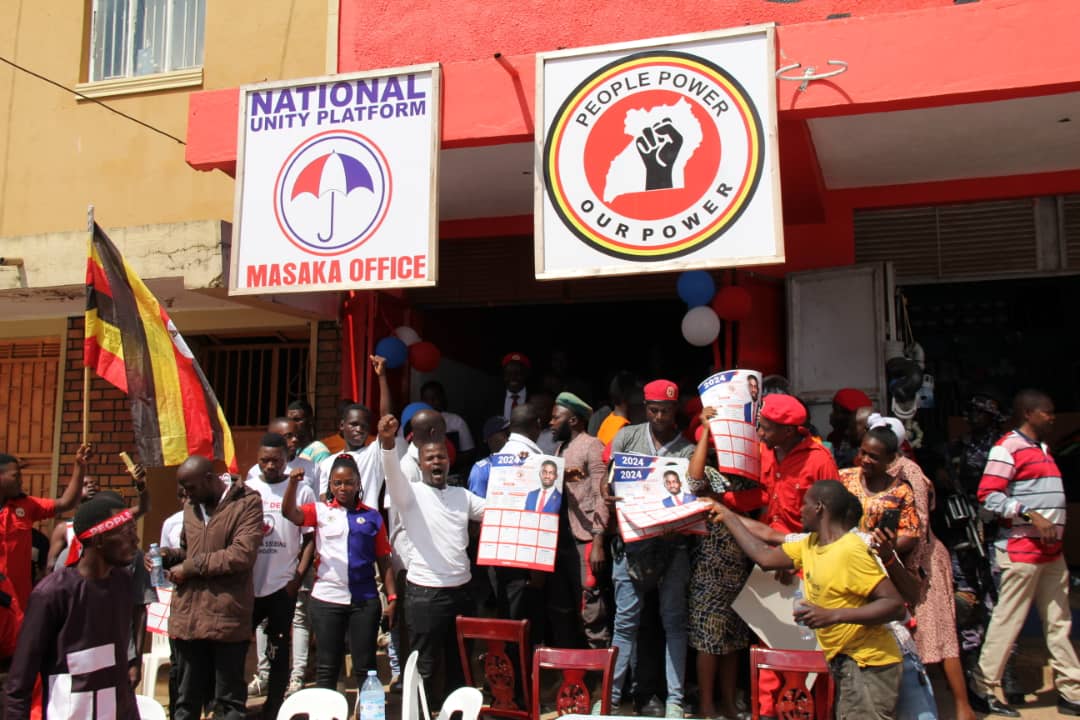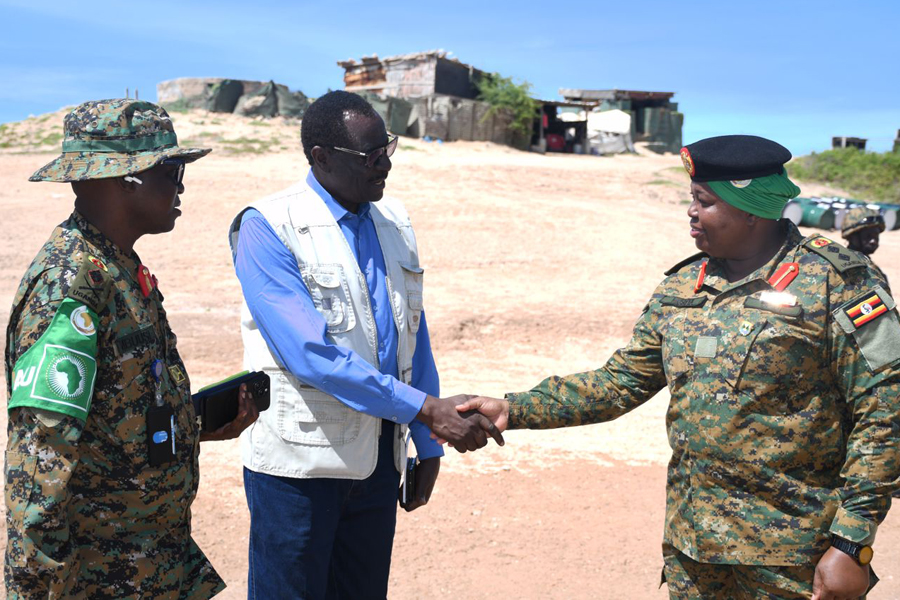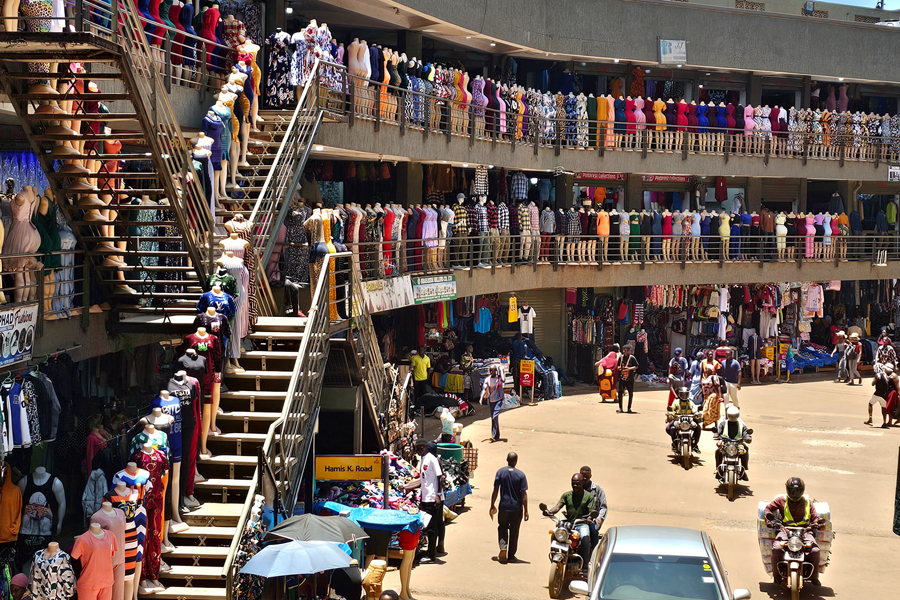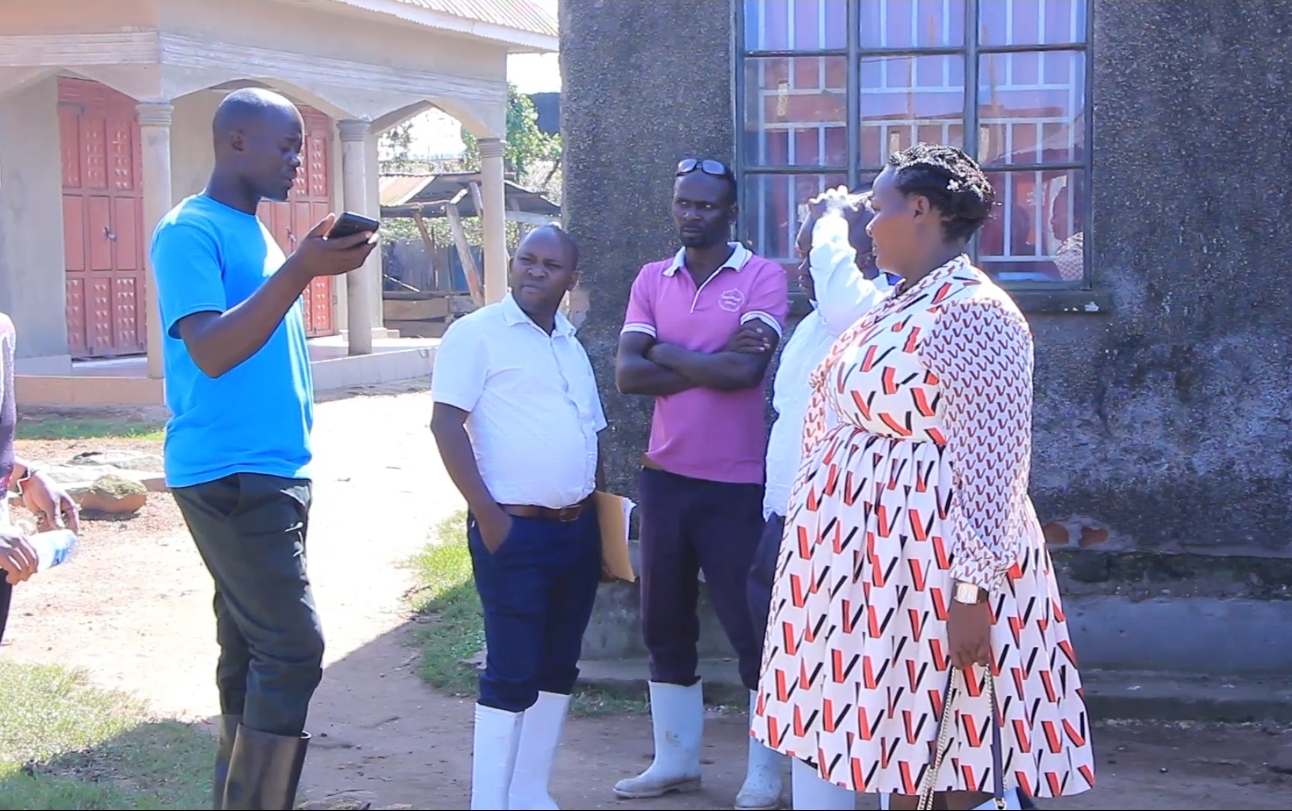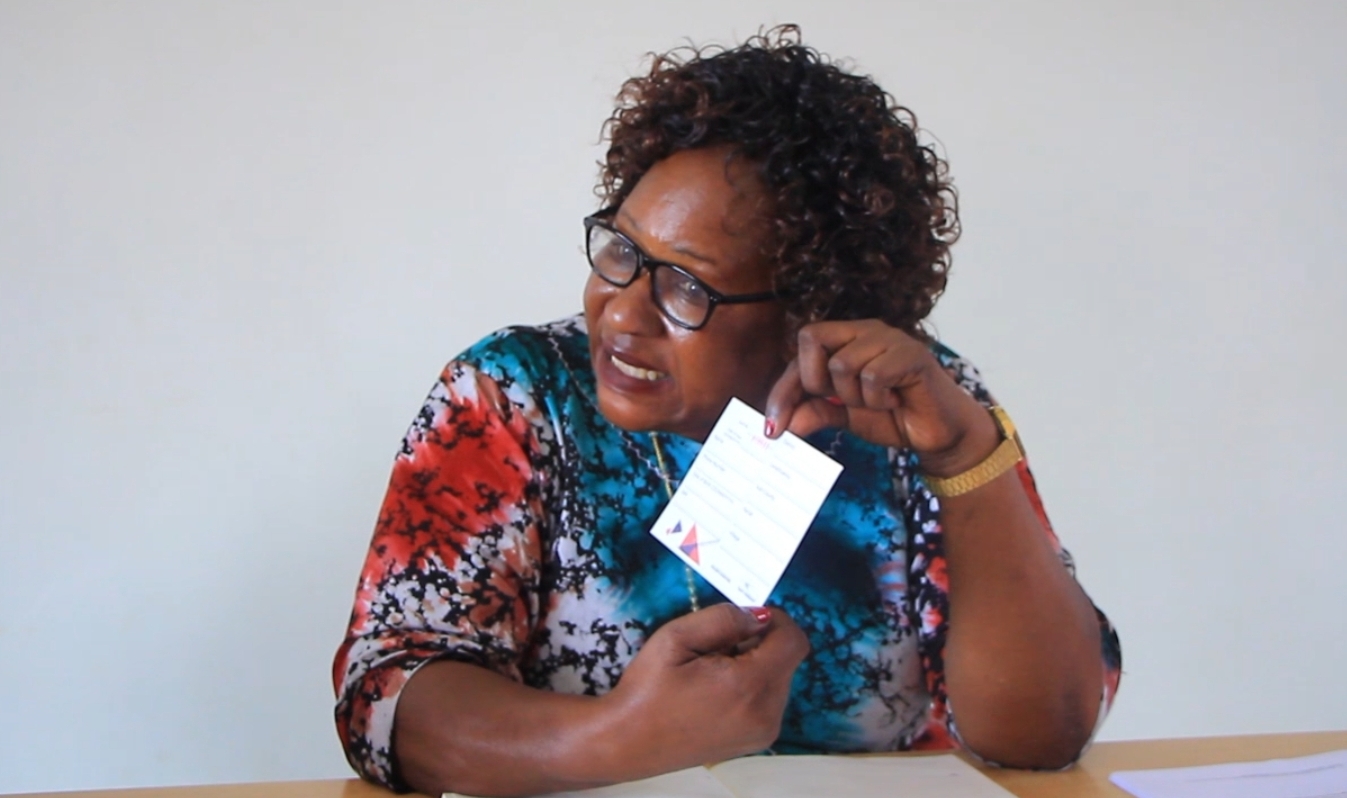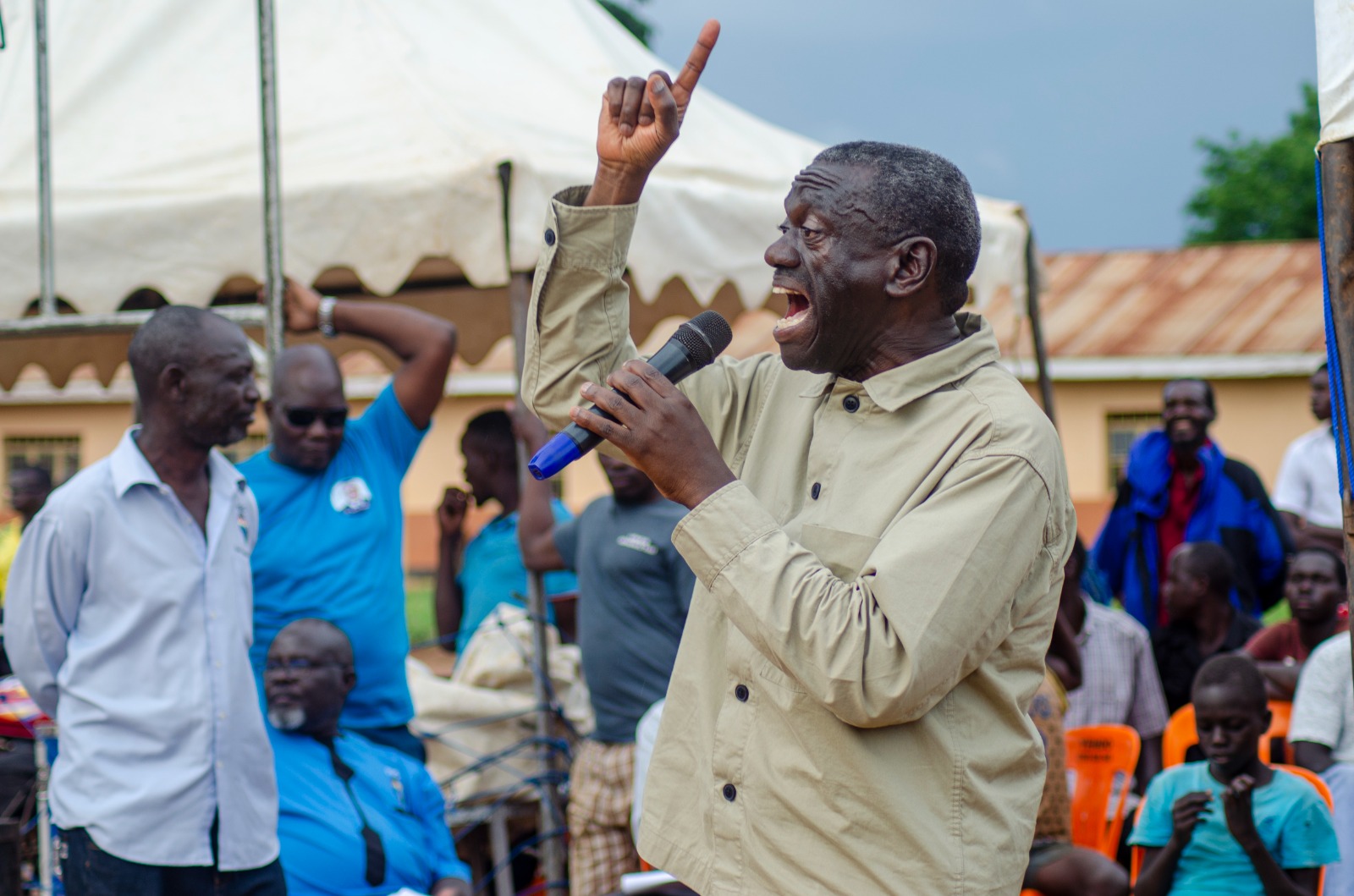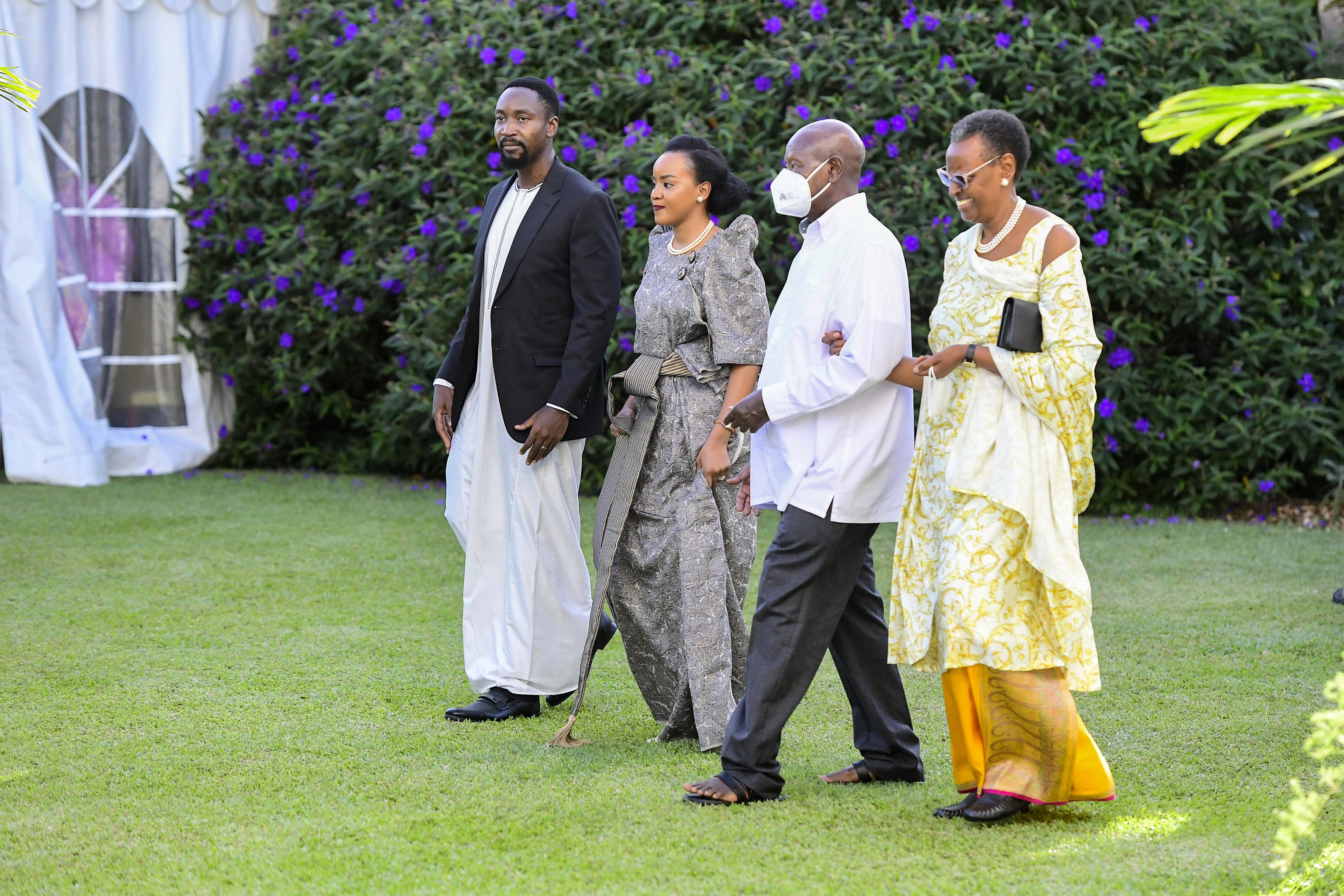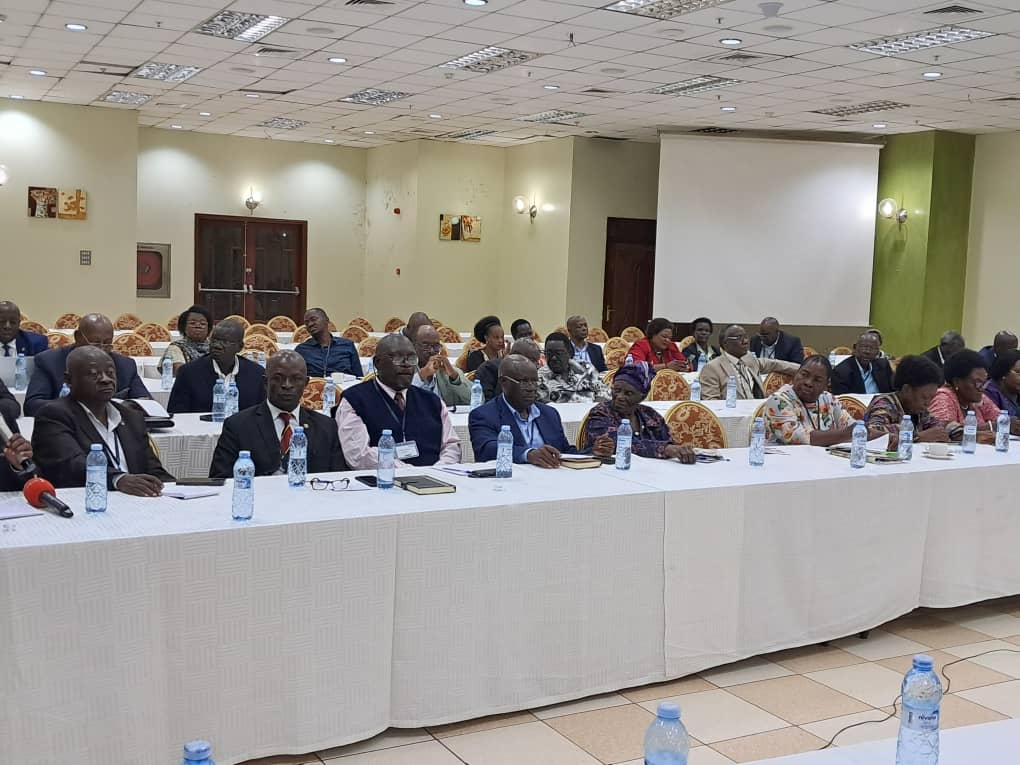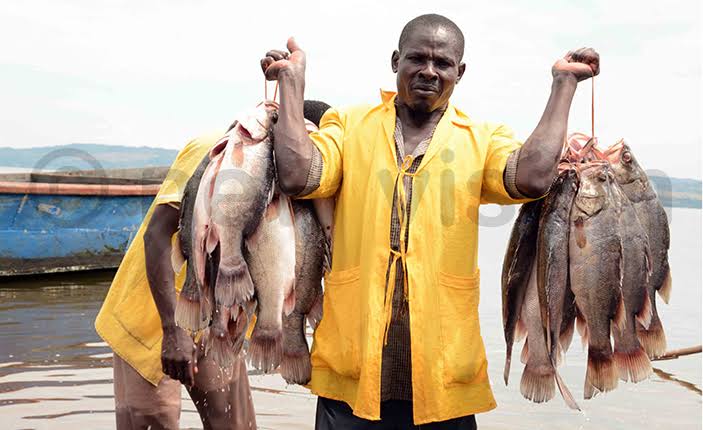Uganda likely to vaccinate half of its population in 2033
Leader of Opposition in Parliament Mathias Mpuuga has said that the country will likely realise its target of vaccinating half of its population after 12 years.
Mpuuga said that the country’s over reliance on donations in the fight against COVID-19 puts the country in a disadvantaged position to achieve its vaccination goal.
Keep Reading
Mpuuga made these remarks on the floor of parliament while replying to Prime Minister Robinah Nabbanja’s statement on government’s Covid-19 response.
In her speech, Nabbanja had earlier expressed concerns with the low rate of vaccination in the country, saying that vaccination of at least 20 million more people is the only way the country can fully open up.
Mpuuga in his response said that government’s approach in acquiring vaccines is ‘shameful’ and will only put lives of Ugandans at risk much longer.
“The Prime Minister is right to be concerned with the low vaccination rate of 4% of the initial target of 21.9 million eligible population. With this progress, vaccination of the eligible population would only be realized after 12 yrs in 2033,” Mpuuga said.
According to the Ministry of Health data, Uganda has currently vaccinated only 1,106,762 people of the targeted population of at least 21.9 million people.
Mpuuga said that apart from an order placed to Serum institute of India for AstraZeneca, there seems no other payment has been made, which is alarming according to him.
“Only US$ 5m (Shs 18.5 bn) was paid to confirm on order out of the total cost of US$ 161.56m, Instead of owning up its failure in making quick full payment in time, Government instead is apportioning blame to the Indian Government for restricting vaccine exports. How come countries that had paid up were able to access their vaccines?” Mpuuga asked.
In her speech however, Prime Minister Nabbanja had said that government is using a ‘multi-pronged’ approach to secure vaccines for the remaining 20 million eligible individuals through three aquisition options, which listed as; Direct purchase of vaccines through the Covax facility, Direct purchase of vaccines through the African Union and Direct purchase of vaccines from the open market.
Nabbanja said that the context of global scarcity, government was also considering searching for available sources of vaccines through its Missions Abroad.




